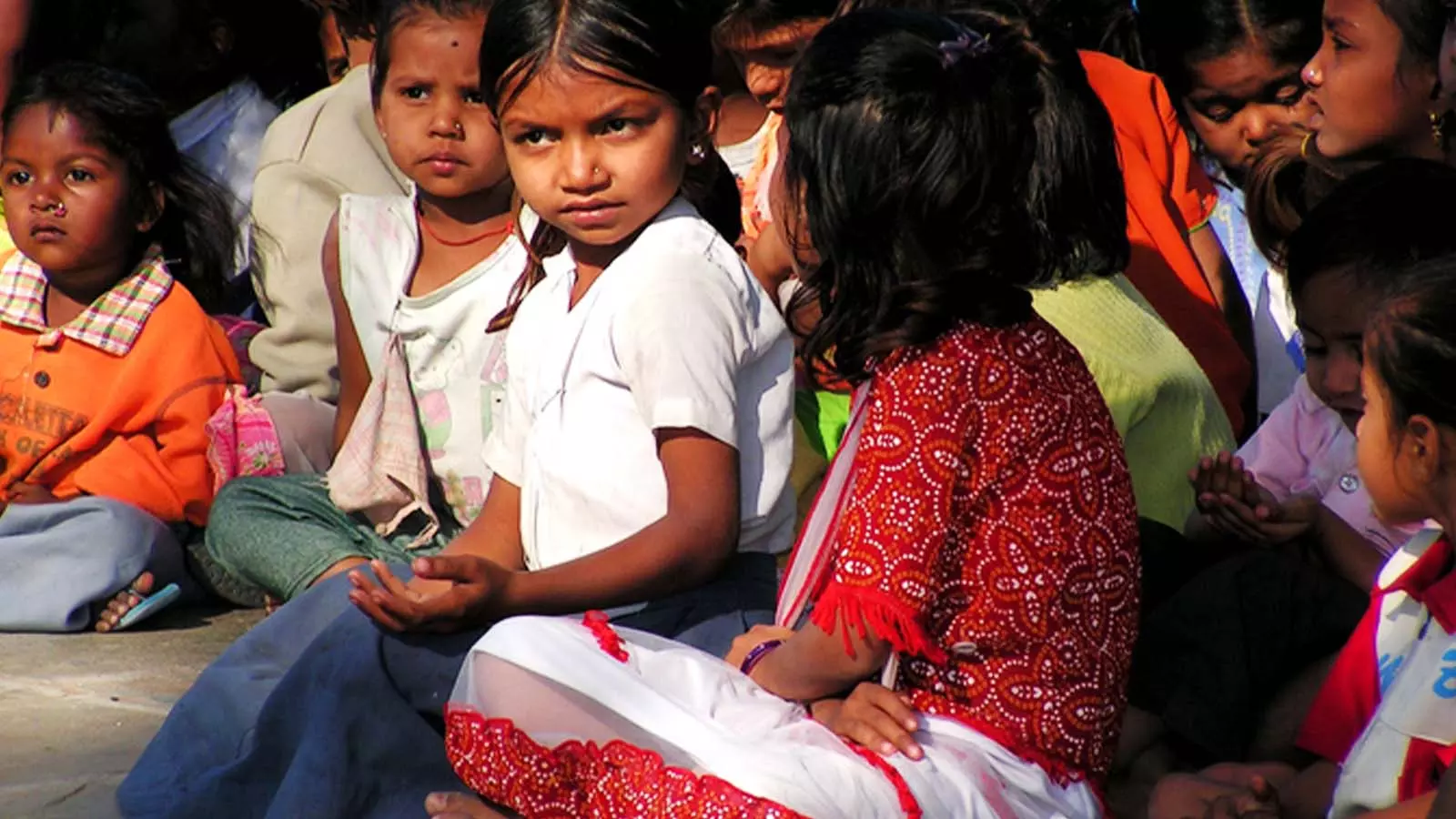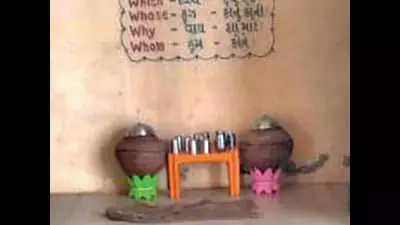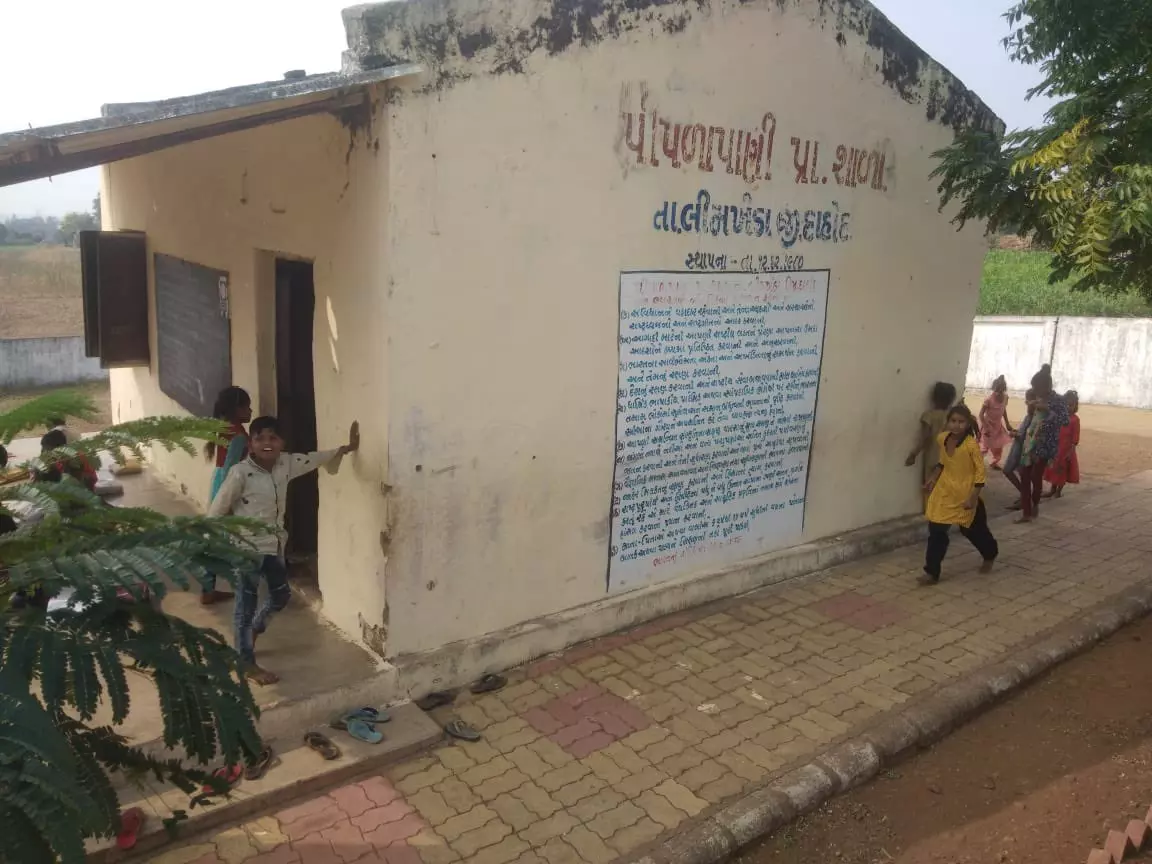
- Home
- India
- World
- Premium
- THE FEDERAL SPECIAL
- Analysis
- States
- Perspective
- Videos
- Sports
- Education
- Entertainment
- Elections
- Features
- Health
- Business
- Series
- In memoriam: Sheikh Mujibur Rahman
- Bishnoi's Men
- NEET TANGLE
- Economy Series
- Earth Day
- Kashmir’s Frozen Turbulence
- India@75
- The legend of Ramjanmabhoomi
- Liberalisation@30
- How to tame a dragon
- Celebrating biodiversity
- Farm Matters
- 50 days of solitude
- Bringing Migrants Home
- Budget 2020
- Jharkhand Votes
- The Federal Investigates
- The Federal Impact
- Vanishing Sand
- Gandhi @ 150
- Andhra Today
- Field report
- Operation Gulmarg
- Pandemic @1 Mn in India
- The Federal Year-End
- The Zero Year
- Science
- Brand studio
- Newsletter
- Elections 2024
- Events
- Home
- IndiaIndia
- World
- Analysis
- StatesStates
- PerspectivePerspective
- VideosVideos
- Sports
- Education
- Entertainment
- ElectionsElections
- Features
- Health
- BusinessBusiness
- Premium
- Loading...
Premium - Events

Why all Dalit children dread this school in Gujarat

It has been a year since 11-year-old Hira Valmiki attended the Prathamik Shala Number 3 school in Dabhan village in Kheda, which borders Ahmedabad district. Son of Bharat and Hetal Valmiki, both sanitation workers, Hira is one of the four Dalit boys of his village who dropped out of school in the past three years. Offensive shadow“We decided Hira should stop going to school...
It has been a year since 11-year-old Hira Valmiki attended the Prathamik Shala Number 3 school in Dabhan village in Kheda, which borders Ahmedabad district.
Son of Bharat and Hetal Valmiki, both sanitation workers, Hira is one of the four Dalit boys of his village who dropped out of school in the past three years.
Offensive shadow
“We decided Hira should stop going to school in February 2024. I remember the day vividly. Hira returned home early from school completely distraught. His shirt was torn from his shoulders, and there were marks on his body. He told us his teacher had beaten him badly," Bharat told The Federal.
What Hira unfolded further sent a chill down the spine for the parents.
Hira was standing in the schoolyard when the teacher entered the premises, and his shadow fell on the teacher. The teacher, who belongs to an upper caste, stepped on Hira's shadow.
“Enraged, the teacher beat Hira, repeatedly telling him he had no business being in school and would grow up to become a sanitation worker like us,” Bharat added.
Watch | Gujarat Dalits reclaim their land after 40-year struggle
It is then Valmiki decided not to send his son back to that school ever again. “I don’t know what he will do when he grows up without education but at least he will be safe,” reasoned Valmiki.
Children of chamar
No Dalit students took admission in the Prathamik Shala Number three after the four children quit the school. Manavi Parmar, the last remaining student, has also dropped out.
“I miss school and my friends but I will probably not go back to school again. The teacher used to taunt us every day. He called us Chamar no balako (children of chamar), and never by our names. There was a separate earthen drinking pot for the five of us while the rest of the children drank water from another pot. He said water would become impure if we touch it,” 13-year-old Manavi said, adding that the teacher would not touch their notebooks and made them sit separately to receive the mid-day meal.
Out of school, Manavi now spends her days accompanying her mother to the local anganwadi, where she works as a sanitation worker.

The separate earthen pots for Dalit children at Prathamik Shala Number 3
Manavi’s father Parmesh Parmar said Hira's humiliation in school was the last nail in the coffin, but the thought of pulling Manavi out of the school had crossed his mind several times in the past.
“The other children were shaken. Besides this episode, the children are subjected to humiliation every day. When Hira's parents decided that he would drop out, the other four boys also left the school. I decided that it’s better my daughter Manavi also drops out,” said Parmesh Parmar, wondering what a lone Dalit child will end up being subjected to in that school.
None of the Dalit children are now receiving education as they do not have the means for private education. Their parents have "reconciled with their fate".
“There are about 20 Dalit families in the village, which is dominated by Darbars (Kshatriyas). We don’t want to provoke their anger,” said Parmar, when he was asked why the Dalit families refrained from filing a complaint.
Also read: From villages to cities, why untouchability continues to hold Gujarat firmly in its grip
Acts of discrimination
It is noteworthy that on January 31, 2022, the mid-day meal commissioner of Gujarat issued a circular to the director of primary education, asking them to ensure that schools refrain from practising untouchability.
However, the practice continues to be widely prevalent and, in most cases, goes unchecked by the concerned authorities.
In August 2021, eight-year-old Kasi from Surendranagar was thrashed for drinking water from a pot reserved for upper-caste children at the Pipava Prathamik Shala four.
Vishnu Chavda, Kasi’s father said he was “furious” when his son returned home with bruises on his face. “He was eight-year-old at that time and did not even understand why he was slapped so badly in front of the entire class. When I went to the school to report the incident, I met Kanhailal Bariya, a Dalit teacher at the school. He assured me that he will look into the matter,” Vishnu said.
What is shocking is that when Baraiya confronted his colleague about the alleged atrocity against a Dalit student, the school authorities responded by issuing him a show-cause notice, demanding that he “explain his bad behaviour”.
Later, Chavda filed an FIR in the Chotila police station in Surendranagar but no action was taken against the concerned teacher by the school authorities. The incident forced Kasi, who was traumatised by the incident, to drop out of school.
“The FIR created a hue and cry among the upper-caste families of Chotila. And they were clear that they did not want a Dalit teacher to teach their children. Within two days, I was transferred to another school in the district,” Baraiya told The Federal. Baraiya had been the teacher at Pipava Prathamik Shala in Chotila.

The Pipava Prathamik Shala
Caste divisions run deep
In another incident in Hajipur village in Patan district in North Gujarat, two Dalit students were forced to clean toilets by the school principal.
After a protest by the Dalit community, the school principal was suspended for a week.
Abhaben is a resident of Hajipur, a village where approximately 35 Dalit families live along with over 200 families of Patels, Kolis, and Thakors, who are considered upper caste in the social hierarchy.
Also read: ‘Children of Harijans' in Assam are unlocking the power of education for dignity
“Nothing will ever change in this village. The school principal went back to his business in a week and nothing changed. He continues to verbally abuse the Dalit students every day. How long will a child tolerate such mental torture? There were six or seven Dalit students in that school. Every day, they would be singled out by the teacher or the principal and asked questions like if they eat raw mice or do they take bath etc. Eventually, all the kids began to dread school and dropped out," Abhaben said.
Sadly, caste-based discrimination runs deep in the village. The village even runs two separate anganwadis, one for Dalit children, and another for children from upper-caste communities. This kind of segregation has been in place since 2020.
The Office of Patan District Development Officer (DDO) that supervises the functioning of all anganwadis in the district, however, claims they are unaware of such a practice.
“I have just joined last week. I am not aware of this issue. I will look into the matter,” Ratankanwar Gadhvi, the DDO of Patan told The Federal.
“Untouchability is one of the primary reasons why Dalit children are forced to drop out of school in Gujarat,” asserted Kanti Parmar, a Dalit rights activist and a member of Navsarjan, the oldest Dalit rights organisation of the state.
Notably, as per the data of the Social Justice and Empowerment department of Gujarat, 1.59 lakh children have dropped out of school. Out of which 43.76 per cent are Dalits, the highest in India.
“Dalits constitute only seven per cent of Gujarat's population, one of the lowest in the country. However, the state reports the highest number of caste-based atrocities against Dalits. Tragically, even children are not spared,” Parmar pointed out.
Untouchability not eradicated
A survey conducted by Navsarjan, in the year 2022 across 1,489 villages in 14 Gujarat districts, has revealed that the practice of untouchability is far from being eradicated despite political rhetoric and a constitutional ban.
The survey showed that it has in fact intensified in rural Gujarat over the years with 98 forms of untouchability practised by the upper caste communities against Dalits. The report also revealed that discrimination against Dalit children is prevalent in 53.8 per cent of the government schools across the state.
Martin Macwan, the founder of Navsarjan told The Federal that they had identified over 1,500 Dalit children in the Saurashtra region, who were made to clean school urinals and toilets in schools instead of attending classes.
Also, Macwan added, “Eighty per cent of the students were subjected to Rampatar, a widely practiced form of untouchability where Dalits are served in separate utensils. This practice is prevalent in schools as well, where Dalit children are either served Mid-Day meals in utensils specifically set aside for them or they are asked to bring their own plates.”
According to Macwan, who grew up facing this kind of discrimination as a child, “Very few of these incidents are reported. In fact, it is so normalised in rural areas that nobody thinks these acts are caste-based discriminations against the Dalits. In some cases, if Dalits dare to stand up against the discrimination, they are met with violence and social boycott. The legal justice system also doesn’t favour a Dalit.”
In June 2017, the daughter of Babubhai Senma, a former sarpanch of Nandoli village in Mehsana, was handed a bag by the school administration that had 'Scheduled Caste' written on it. When Senma went to meet the school authorities to raise his concerns over the matter, he was assaulted by the school principal and two teachers.
He checked with the other upper caste children and found that their caste was not mentioned on their bags, which were distributed by the school management.
“My daughter, the only Dalit student at the school, was given a bag with 'Dalit' written on it. When I approached the principal to question why my daughter was being segregated, he hurled casteist slurs at me. Then, three of them began to hit and kick me,” Senma recalled.
After this incident, Senma filed an FIR. However, the move led to the social boycott of all the 40 Dalit families in the village.
“I filed a petition against the social boycott. On the first hearing date at the Ahmedabad high court, the judges asked me to explain how social boycott is an act of untouchability,” shared Senma, who still continues to pursue the case.
Meanwhile, this kind of continuous and persistent exclusion has compelled most Dalit families in Nandoli to migrate to other villages.
